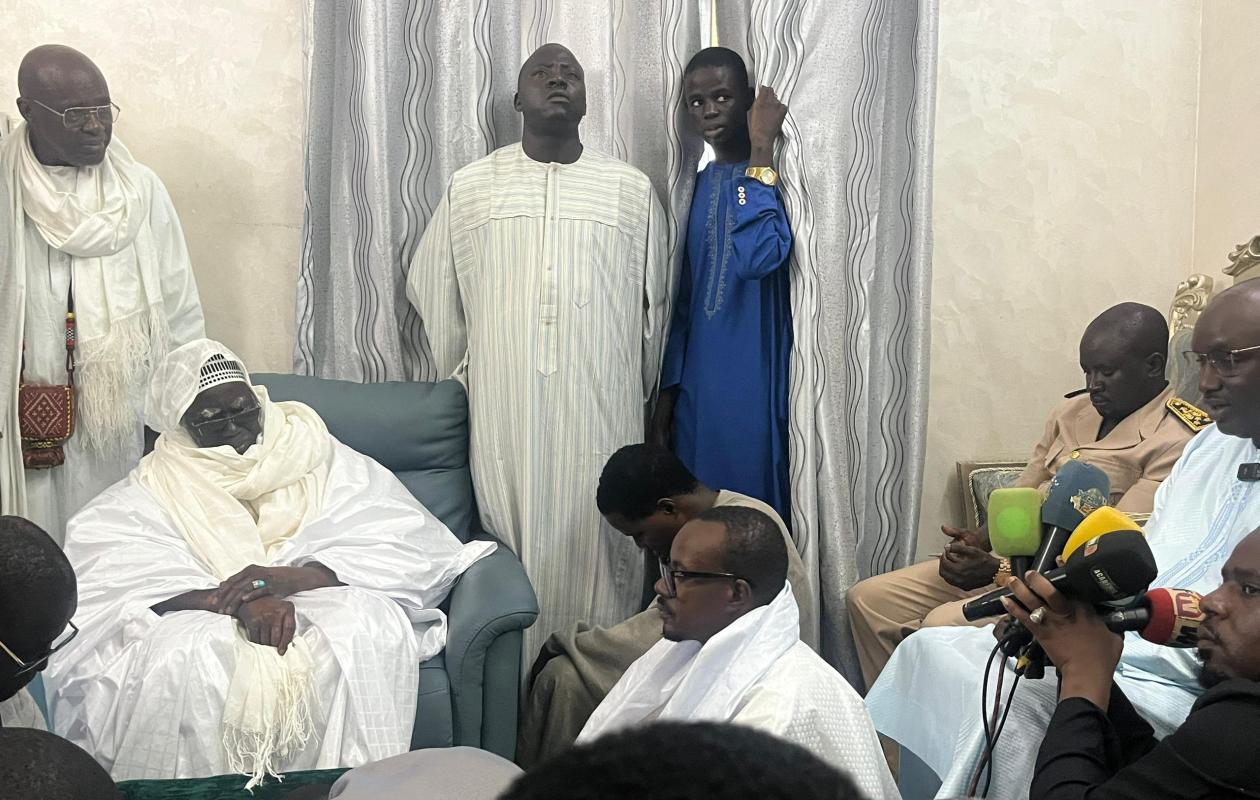
The allocation, revealed on Friday, September 19, will see 1 billion francs directed towards sanitation work and 1.5 billion francs earmarked to support flood-affected families.
The announcement was made by Minister of Hydraulics and Sanitation, Cheikh Tidiane Dièye, during a visit to the city.
Authorities have confirmed that additional resources are being mobilized to expedite water evacuation in the coming days.
Minister Dièye explained that the funds will be split between technical interventions and humanitarian assistance for residents displaced by rising waters.
“The most affected neighborhoods have experienced forced displacements, despite improvements made before the rainy season,” he said, noting that preventative works had spared some areas even as exceptional rains caused widespread overflows.
During the visit, the Caliph of Touba expressed gratitude to the state for its intervention and urged the government to strengthen long-term measures to prevent recurrent flooding. Local and religious leaders emphasized the need for structural solutions to ensure that one of Senegal’s spiritual capitals does not face repeated disruptions each rainy season.
Flooding remains a recurring challenge across Senegal, particularly in low-lying urban areas. Minister Dièye highlighted that one proposed solution involves restructuring neighborhoods built in natural basins to limit water stagnation and reduce human and material losses. Similar initiatives form part of the government’s ten-year flood control plan.
The Touba intervention is thus part of a broader strategy combining emergency response with social support, improved hydraulic infrastructure, and coordinated water management. Pumping and drainage operations are expected to clear accumulated water in the city in the coming days, offering temporary relief while long-term urban planning measures are implemented.
Authorities stressed that the initiative is aimed not only at mitigating immediate risks but also at strengthening Touba’s resilience against future flooding, balancing urgent humanitarian needs with sustainable urban development.



